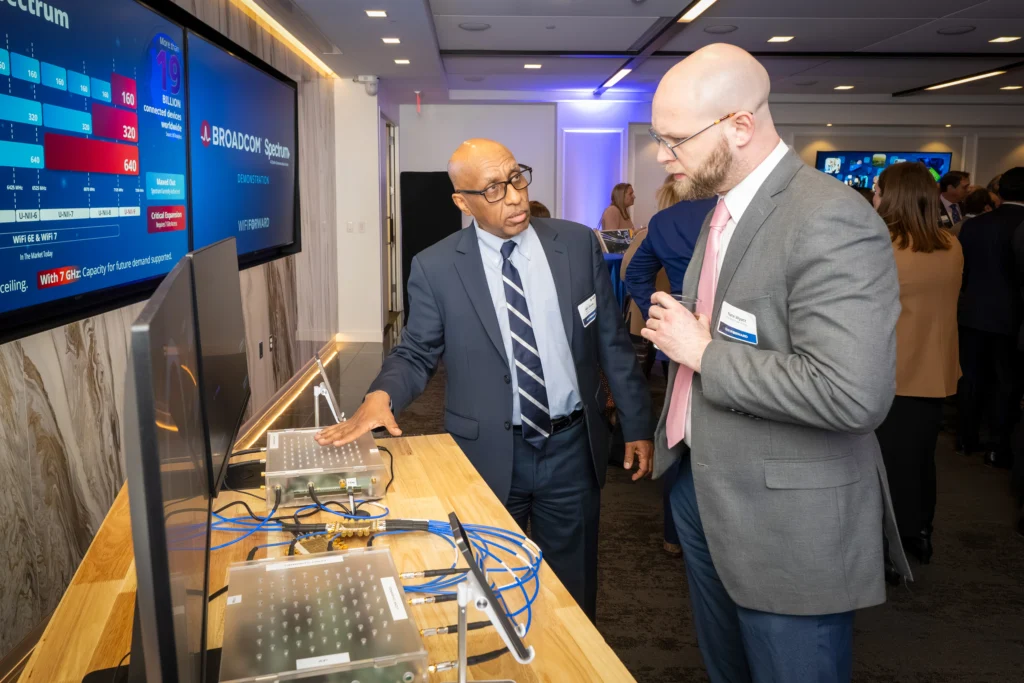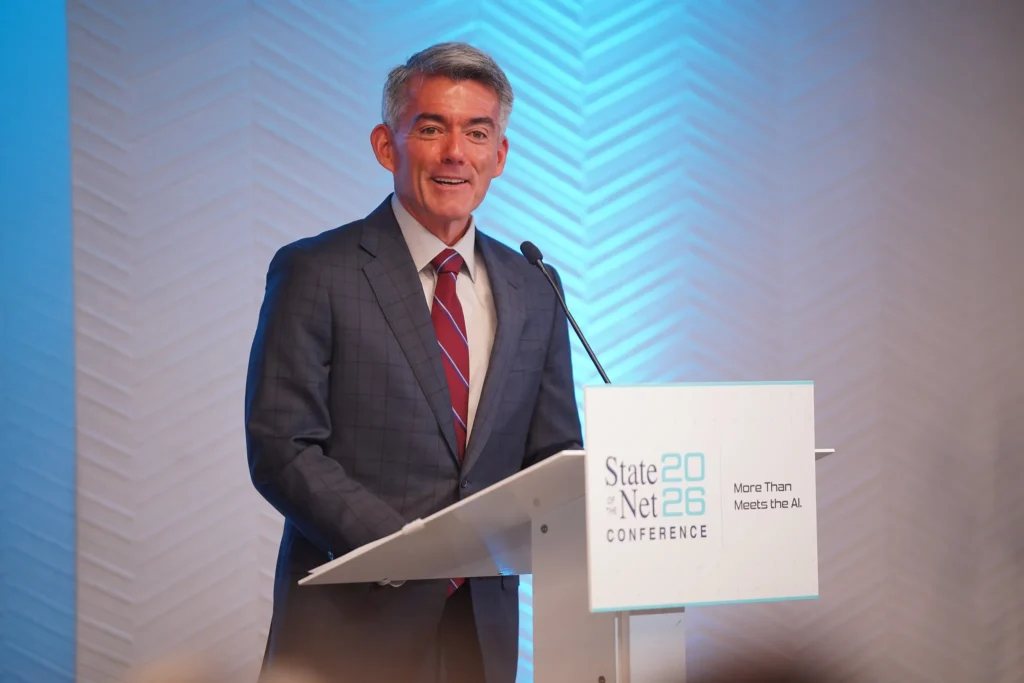Report shows nearly all new internet devices in 2019 exceed rigorous efficiency commitments
Arlington, VA, August 12, 2020 – Nearly 100% of new modems, routers and other internet equipment purchased and sold last year for U.S. residential broadband subscribers met the energy-efficiency standards of the Voluntary Agreement for Ongoing Improvement to the Energy Efficiency of Small Network Equipment, according to a new report. The agreement, led by CableLabs®, the Consumer Technology Association (CTA)® and NCTA – The Internet & Television Association, includes all major U.S. broadband internet service providers and manufacturers of small network equipment (SNE).
According to the new report by independent auditor D+R International:
- 99.8% of new home internet devices in 2019 met the agreement’s “Tier 1” energy efficiency levels, with each signatory meeting its individual 90% commitment.
- 98.9% of new devices in 2019 already met the more rigorous “Tier 2” energy levels a year ahead of the scheduled 2020 effective date.
- Average idle-mode energy use of SNE relative to average broadband speed has decreased by 66% since the agreement was ratified in 2015.
- The agreement includes internet service providers serving more than 87 million U.S. homes, which is nearly 90% of the residential U.S. internet market.
“Every signatory has exceeded its commitments under the agreement for four consecutive years, demonstrating the industry’s dedication to energy efficiency even as it rises to meet the challenges of satisfying consumer demands for faster and better internet services,” said Neal Goldberg, NCTA’s General Counsel.
The auditor’s report also found that the Agreement’s “new features” process aided industry’s preparedness for the COVID-19 pandemic’s massive increase in internet and Wi-Fi usage. The traditional regulatory model typically fixes future energy limits based on present technology and market conditions, requiring companies to petition to change energy limits before being allowed to manufacture equipment with energy-consuming features not foreseen by the regulator. The Voluntary Agreement’s more flexible process allows parties to deploy innovations without advance permission, resulting in faster development and distribution of new features to consumers. When broadband usage surged as a result of COVID-19 stay-at-home orders, networks were able to support average downstream speeds in excess of 150 Mbps without the need for new equipment in most homes. Existing equipment deployed under the Voluntary Agreement already included newer versions of DOCSIS, Wi-Fi and other technologies improved since the launch of the Voluntary Agreement in 2015 when consumers averaged 30 Mbps downstream speeds and had fewer connected devices. “In addition to saving consumers money and energy, the flexibility of our industry’s voluntary agreement has proved invaluable during the ongoing pandemic,” said Doug Johnson, vice president of technology policy, CTA. “As so many of us work, learn and stay connected at home via networking devices, this initiative has enabled devices to support features and speeds required by this increased usage. Less flexible regulatory mandates would have made it difficult to upgrade devices and support the broadband levels we’re now relying on.”
The efficacy of this new features process has attracted global recognition. In June 2020, the SNE agreement was one of only two American programs (the other being EPA’s ENERGY STAR) to be recognized by the Global Commission for Urgent Action on Energy Efficiency as “Exemplar Policies of Recent Years” out of fifteen worldwide. The Commission, founded in 2019 in coordination with the International Energy Agency and chaired by the Prime Minister of Ireland, specifically commended the Agreement’s new features process as a model “to ensure the standards outlined in the voluntary agreement do not act as a ceiling on innovation.” The Agreement’s substantive program and energy levels were also endorsed by the federal government of Canada, which at the end of 2019 spurred its leading internet service providers to implement the same voluntary commitments and energy levels beginning in 2021. Canada’s Minister of Natural Resources, the Honourable Seamus O’Regan, praised the agreement as “environmentally friendly, while driving innovation.”
D+R verifies signatory energy compliance and savings through a review of lab verification reports of randomly selected models from each signatory – using an accredited third-party lab or under the supervision of an accredited third-party observer. In addition, as required by the Voluntary Agreement, D+R conducted a comprehensive audit of the data submitted by a randomly selected signatory and determined that the audited signatory data was consistent with its annual report.
Agreement signatories include the major broadband internet services providers: Altice, AT&T, CenturyLink, Charter, Comcast, Cox, Frontier and Verizon, as well as leading device manufacturers: Actiontec, ASUS, Belkin/Linksys, CommScope, Plume, Technicolor and Ubee Interactive. More information about the award-winning Voluntary Agreement and industry’s energy efficiency efforts is available at www.energy-efficiency.us.
About NCTA – The Internet & Television Association:
NCTA – The Internet & Television Association represents network innovators and content creators that connect, entertain, inform and inspire consumers every day. NCTA’s members have invested $290 billion in private capital to build the world’s most powerful technology platform, reaching 90 percent of American homes and serving 72 million customers. More than 200 programming networks are creating imaginative, popular and award-winning television content. Our industry supports 3 million American jobs and employs at least 300 people in every congressional district.
About Consumer Technology Association:
As North America’s largest technology trade association, CTA® is the tech sector. Our members are the world’s leading innovators – from startups to global brands – helping support more than 18 million American jobs. CTA owns and produces CES® – the most influential tech event on the planet.








